Controlled Substance Disposal
Medical Waste Pros Connects You to Safe Controlled Substance Disposal Companies
Every year, millions of Americans receive prescriptions for a controlled substance. Controlled substances are a broad category, and their application spans a wide range. However, no matter what the medical use of a controlled substance is, it requires a specific disposal process.
Regulations differ by state, and often by county, and how a healthcare provider disposes of their controlled substances will likely look a lot different than how a single person does. Disposing of 1,000 excess medications usually takes a different form than getting rid of a few leftover pills. At Medical Waste Pros, we prioritize the safe and compliant disposal of controlled substances, including potent medications and hazardous materials.
As a trusted provider, we understand the critical importance of responsible waste management, particularly when dealing with pharmaceuticals and controlled substances. Our specialized services cater to healthcare facilities, pharmacies, and organizations handling controlled substances, ensuring strict adherence to regulatory requirements and environmental sustainability. With a commitment to public safety, legal compliance, and environmental protection, our disposal services provide a secure and efficient solution for the proper management of controlled substance waste.

Our Controlled Substance Disposal Options
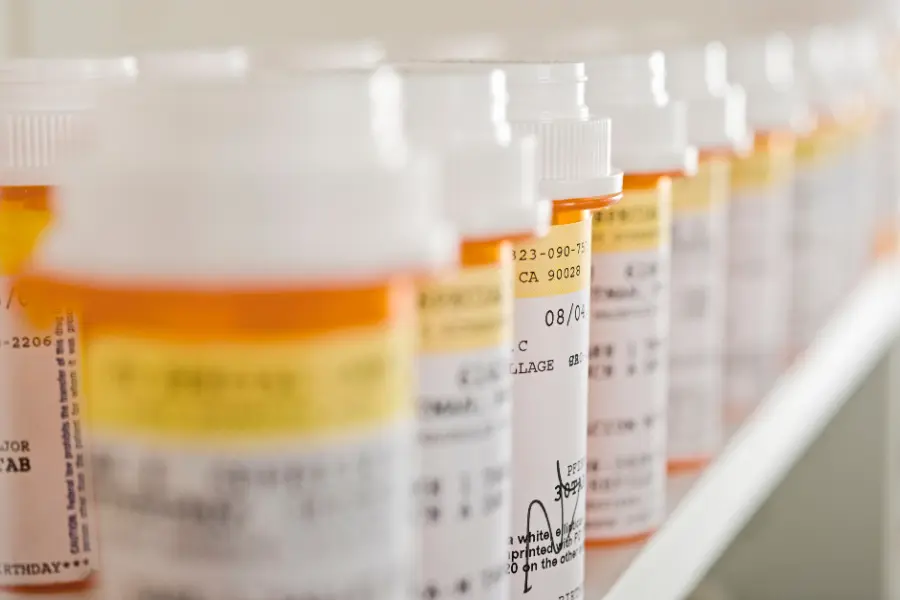
Regularly Scheduled Pickups
If you have a significant amount of controlled substances to dispose of, our regularly scheduled service allows you to plan for ongoing pickup of medical waste. We schedule a time with your facility and will pick up and dispose of your medical waste based on your schedule, no matter if it’s daily, weekly, monthly, or quarterly.
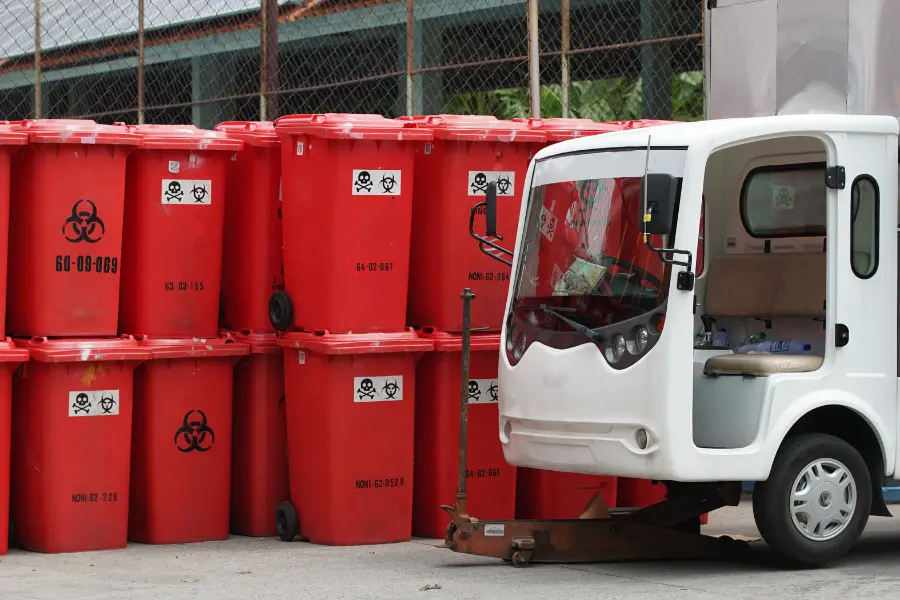
One-Time Pickups
We also offer on-call service for emergencies or facilities that don’t need controlled substance waste pickup regularly (or only have a small amount that needs to be collected periodically). This service is identical to our regularly scheduled service but can be scheduled periodically whenever you need it.

Drop-Off Locations
For someone with a few leftover pills, the best option for disposal will likely be a local drop-off site. Not all locations may accept controlled substances so be sure to call ahead to ask. The DEA maintains a list of approved disposal sites across the country, where you can get rid of any leftover controlled substances around your house.
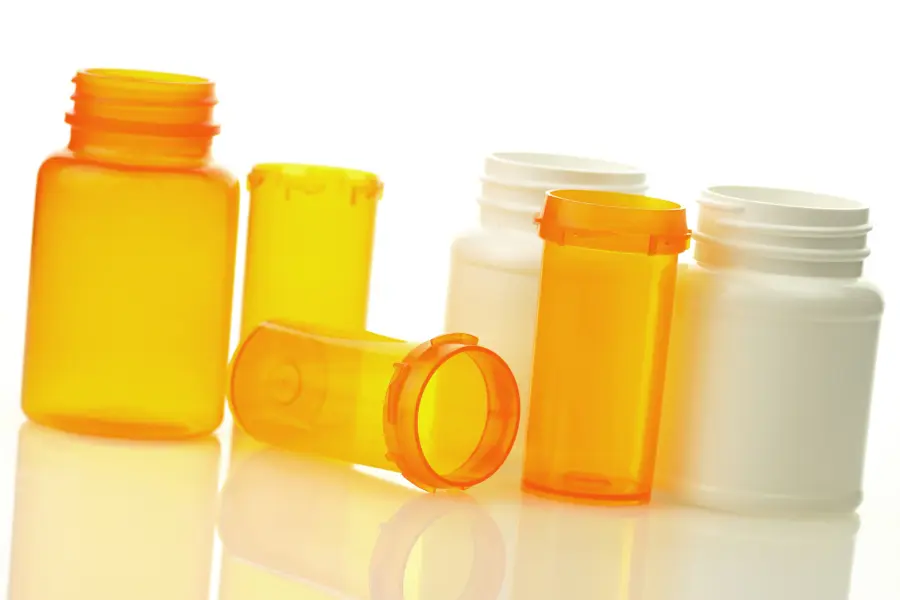
Pill Bottle Recycling
A mail-back pill bottle recycling service is another safe, secure option to dispose of your medical waste properly. Utilizing a mail-back system is an efficient way to collect, return, and recycle your empty pill bottles.
Why Choose Medical Waste Pros
Fast Turnaround
Get matched to a partner in 3-5 minutes. They will work with you to get a quote based on your specifications.
Nationwide Coverage
We have partners all over the United States.
Partnered with the Best
We have partners nationwide providing you with the best, secure options in your area.
What Qualifies as a Controlled Substance?
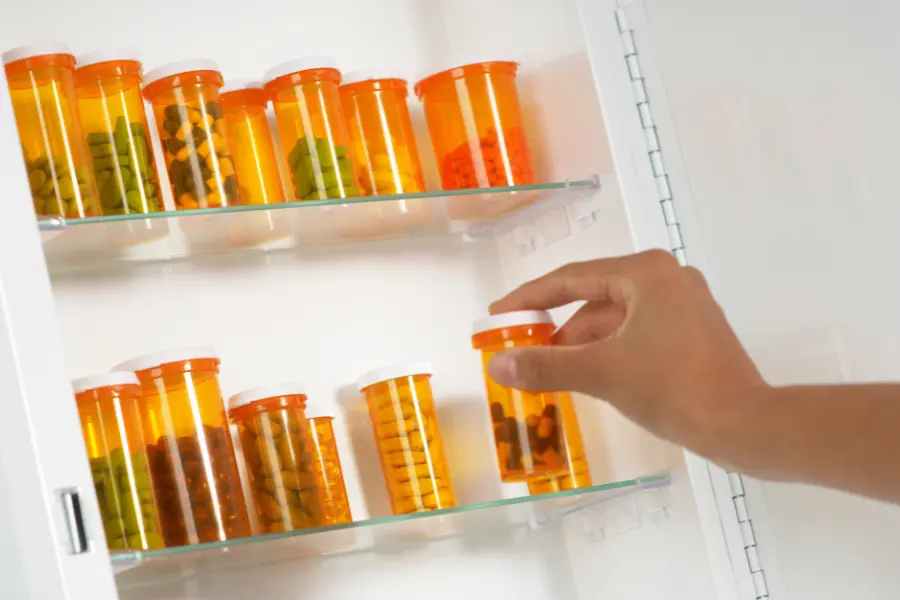
Controlled substances, broadly speaking, are any drug that falls into the five categories designated by the Controlled Substances Act. The Drug Enforcement Administration (DEA) and Food and Drug Administration (FDA) determine the drugs that fall within each category. (Insert drug schedule image)
Schedule I
Schedule I drugs are classified as having no medical benefit and a high potential for abuse. Examples include LSD, ecstasy, and heroin.
Schedule II
Schedule II drugs differ from Schedule I, as they are classified as having a medical use, but also have a high risk for dependency and abuse. Common examples of Schedule II drugs are morphine, opium, hydrocodone, and fentanyl.
Schedule III-V
Drugs classified as Schedule III-V all have medical uses, and their classifications depend on the risk of dependency and abuse. As you go down in schedule, from III to IV, and then IV to V, the potential for risk and abuse lowers.
Schedule III drugs include low-dose codeine (under 90mg per dose) medication, ketamine, and testosterone, Schedule IV include Xanax, Valium, Ambien, and Tramadol, and Schedule V drugs include Lyrica, Motofen, and Lomotil. The Department of Justice has a list of all controlled substances.
How to Dispose of Controlled Substances
- Contact Medical Waste Pros at (888) 755-6370, fill out the form, or use the live chat to connect to one of our medical waste disposal experts.
- Tell us about your medical waste disposal project with details like the type of medical waste you have and how much.
- We will connect you to safe and reliable medical waste disposal companies in your area equipped to handle your specific needs. They will send you free quotes on your project.
- Choose the provider that best meets your needs and budget. You will then connect with the provider you choose and set up your disposal services, whether it’s one-time, recurring, or pill bottle recycling.
- Your service provider will come to pick up your controlled substances and properly dispose of them at their secure facility.
The Importance of Proper Drug Disposal
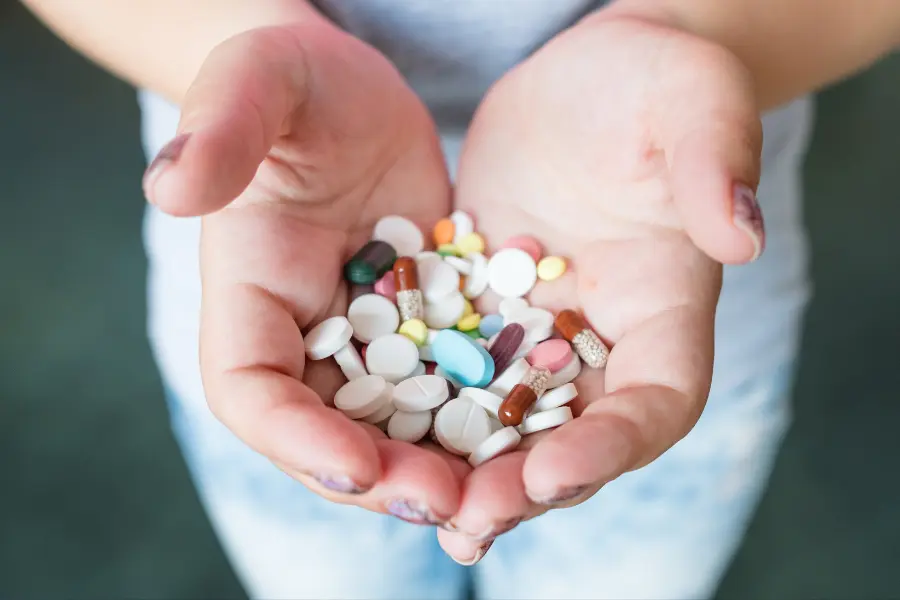
Environmental Protection
Controlled substances, when improperly disposed of, can contaminate the environment, posing risks to ecosystems, water sources, and wildlife. Appropriate disposal methods minimize environmental impact, ensuring the responsible management of these substances.

Compliance with Regulations
Strict regulations govern the disposal of controlled substances to safeguard public health and the environment. Proper disposal practices ensure compliance with local, state, and federal regulations, reducing the risk of legal consequences and penalties.
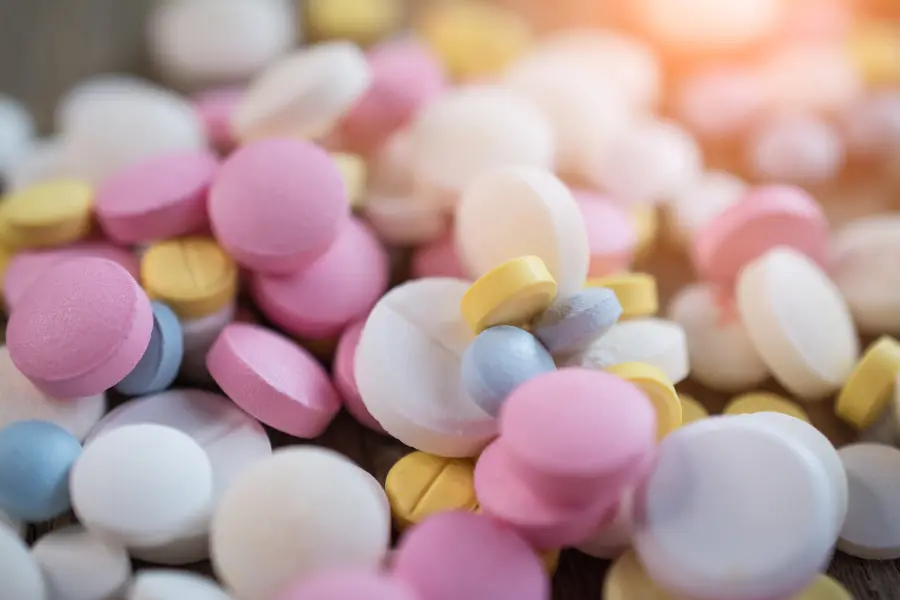
Prevention of Drug Diversion
Proper disposal reduces the risk of controlled substances falling into the wrong hands, preventing unauthorized use, abuse, or distribution. This is crucial in curbing drug diversion and maintaining public safety.
See What Our Customers Are Saying
Controlled Substance Disposal FAQs
What is the Controlled Substances Act?

The Controlled Substances Act (CSA) is a United States federal law that regulates the manufacturing, distribution, dispensing, and possession of controlled substances. Enacted as Title II of the Comprehensive Drug Abuse Prevention and Control Act of 1970, the CSA is a key component of the U.S. federal drug policy. The primary goals of the CSA are to combat drug abuse and control the legitimate use of certain drugs with potential for abuse.
How can I find a drop-off or take-back location?

You can find permanent collection sites through the FDA as well as when periodic take-back events are held.
What other types of medical waste do you handle?

Medical Waste Pros can handle a variety of medical waste across different industries, including:
How much does a medical waste disposal service cost?

The price of your medical waste disposal service will depend on the method you choose, the type of waste you have, the amount of waste you have, and other factors. When you contact us with the details of your project, our service providers will send you accurate price quotes for your specific needs.
Does Medical Waste Pros use safe medical waste disposal methods?

Yes, all of our service providers follow all state and federal regulations when it comes to disposing of medical waste. They use methods such as autoclaving, chemical treatments, and EPA-approved incineration.
Can I just throw my medical waste away?

No, you can’t throw away medical waste. There are state and federal laws, including OSHA, FDA, DOT, and the EPA, that regulate how to dispose of medical waste. These regulations were put in place for your safety, in terms of the environment and health effects of improper disposal.











